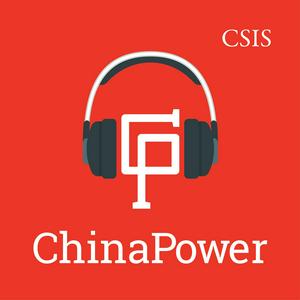In this special episode of the China Power Podcast, listen to our recent event assessing Xi Jinping’s widespread purges of China’s military and what they reveal about China’s priorities, dynamics within the PLA, and China’s overall military readiness.
To discuss these issues, our event brought together six leading experts on China: Dr. Sheena Chestnut Greitens (Associate Professor at the LBJ School of Public Affairs at the University of Texas at Austin), Mr. John Culver (Nonresident Senior Fellow in the John L. Thornton China Center at Brookings), Mr. Jon Czin (Michael H. Armacost Chair in Foreign Policy Studies and Fellow in the John L. Thornton China Center at Brookings), Dr. Taylor Fravel (Arthur and Ruth Sloan Professor of Political Science and Director of the Security Studies Program at the Massachusetts Institute of Technology), and Dr. Bonny Lin (Director, China Power Project and Senior Adviser at CSIS). Mr. Brian Hart (Deputy Director and Fellow of the China Power Project at CSIS).
For more on the topic, access the China Power dataset and full report here and read our compilation of expert commentaries here.


